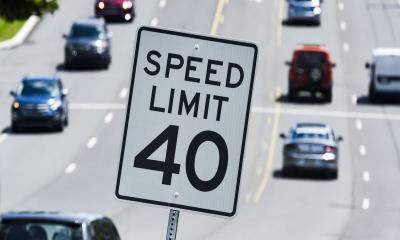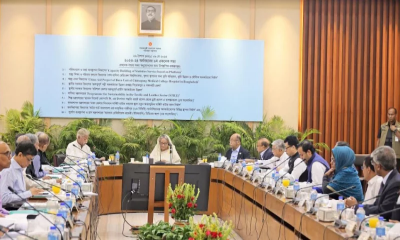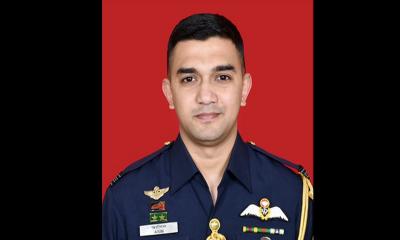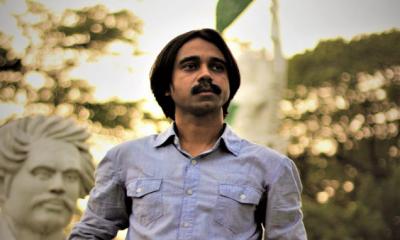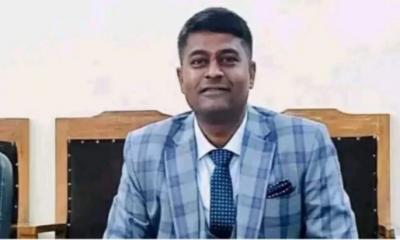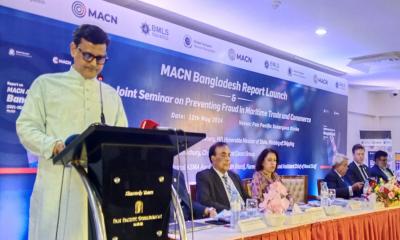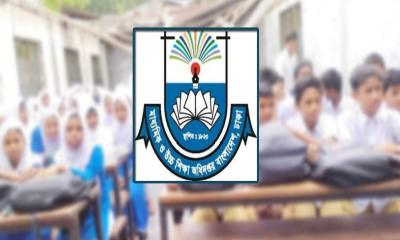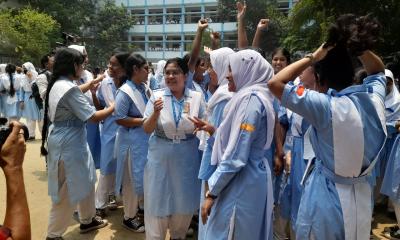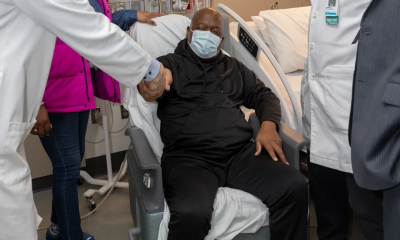Foreign Minister Dr AK Abdul Momen on Wednesday criticised the UN rights body and UN rights experts, noting that their "two-faced" position has been unmasked with their ineffective role amid gross human rights violations in Gaza.
"They have lost their credibility. Pure and simple," he told reporters when his attention was drawn about the UN rights body and UN rights experts` criticism about Bangladesh`s human rights situation.
Momen said the human rights bodies do not talk about human rights violations in Gaza.
"Maybe they are sleeping. We understand they are sleeping, or they are very partisan," he said, highlighting violations of humanitarian laws and human rights, attacks on hospitals, killing of innocent children in Gaza.
"They (rights bodies) don`t talk there. How do you believe them? Their two-faced approach is unmasked. I hope they realise they have made a blunder. Such a big crime they committed," the foreign minister added.
On Tuesday, UN experts said the universal periodic review of the Human Rights Council is an opportunity for Bangladesh not only to reiterate its commitment to human rights in words but to take urgent, concrete action to end attacks on human rights defenders and journalists.
“We urge the Human Rights Council and the international community to press upon Bangladesh the urgency and importance of ensuring a safe, open and conducive environment for free and fair elections,” they said in a joint statement issued from Geneva.
The experts are Irene Khan, Special Rapporteur on the promotion and protection of the right to freedom of opinion and expression; Clément Nyaletsossi Voule; Special Rapporteur on the rights to freedom of peaceful assembly and of association; and Mary Lawlor, Special Rapporteur on the situation of human rights defenders.
Law Minister Anisul Huq, who led the Bangladesh delegation at the UPR meeting, on Monday said a total of 111 countries joined the meeting and 90 percent of the countries appreciated Bangladesh’s progress on the human rights front.
He said even countries like the United States, the UK and Canada did not criticise Bangladesh in a major way, rather they came up with some constructive recommendations.
The law minister said he responded to all the questions on rights issues including regarding those on the next national election.
“Despite promises from the government of significant legal change, which we warmly welcomed, the new Cyber Security Act has made only few improvements and continues to retain many of the flaws of the legislation, threatening the legitimate exercise of the right to freedom of expression,” the UN experts said.
“As Bangladesh heads towards national elections in early 2024, we are deeply disturbed by the sharp rise in political violence, arrests of senior opposition leaders, mass arbitrary detention of thousands of political activists, use of excessive force by the authorities and internet shutdowns to disrupt protests, and allegations of harassment, intimidation and unlawful detention of family members as a retaliatory measure,” the experts added.
The Law Minister, however, conveyed to the UN Human Rights Council that there has been no arbitrary arrest.
Guided by the obligations emanated from the constitution, Bangladesh side said that the government has been allowing and extending necessary cooperation to all political parties including Bangladesh Nationalist Party (BNP) to arrange assemblies, protests and processions.
In this spirit the government allowed mass assemblies convened by different political parties on October 28, 2023 on the streets of Dhaka despite the declared objective of a major opposition party – BNP – to create anarchy and disconnect Dhaka from other parts of Bangladesh as a pressure tactic.
During its rally and strike on October 28-29, the unruly activists of BNP – “misguided” by the propaganda of its leaders – took recourse to indiscriminate street violence, arson, other forms of violent activities on the apolitical law enforcement agency members, police stations, CCTV cameras, the judiciary, media personnel, innocent civilians, state institutions, hospitals, ambulances, fire service vehicles and public properties, according to Bangladesh’s reply to UN human rights chief Volker Türk.
A member of the police was beaten to death while more than 100 police officers were injured, a bus worker was burnt alive, residences of the chief justice of Bangladesh and other judges of the Supreme Court were attacked, it said.
On the following days, as BNP spread the “campaign of arson and terror” all over Bangladesh, a few more people were killed, the government said.
The UN experts highlighted the case of investigative journalist Rozina Islam, in which the "prosecution has failed" to produce material evidence after two years of investigation, repeated hearings and a travel ban that is affecting her work.
“When prominent civil society leaders like Nobel laureate Muhammad Yunus or human rights defenders like Adilur Rahman Khan or Nasiruddin Elan are charged or convicted in retaliation for human rights work, it sends a chilling message to all journalists and human rights defenders that any dissent or critical opinion may lead to the most severe sanctions, no matter how outrageous the accusations or how prominent the person,” the experts said.






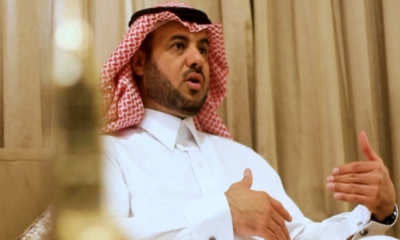
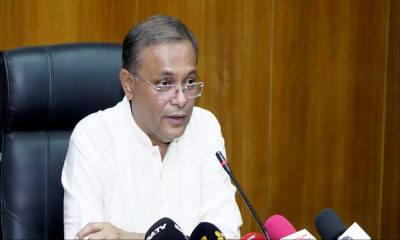
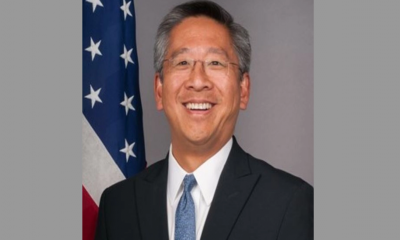
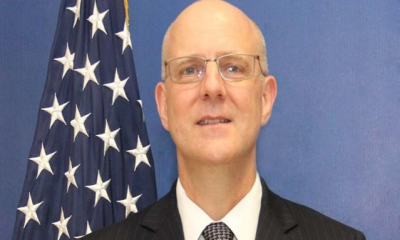





-which-generates-electricity-at-lowest-cost-is-unlikely-to-get-extension-after-completion-of-its-22-year-initial-contract-period-20240514134341.webp)








